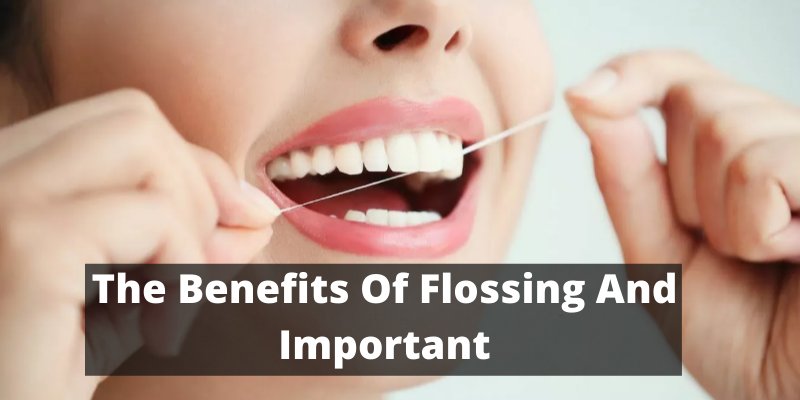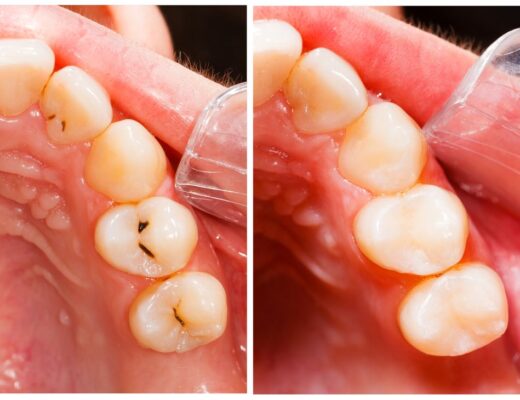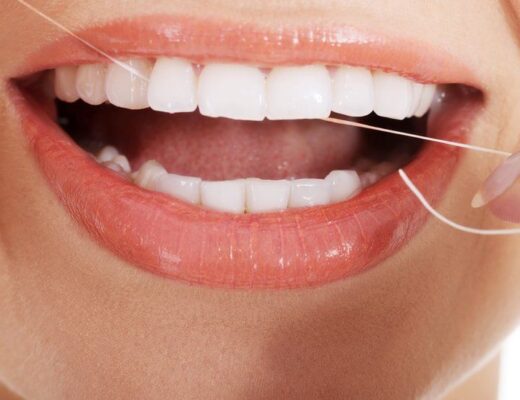The average person should use about 110 meters of dental floss throughout their life, but sales figures indicate that not only are we falling far short of that figure, but we are paying for our dental floss avoidance with our health.
Benefits of Flossing are given below:
In fact, there are many hospitalized each year for preventable dental conditions. The good news is that the power of prevention is in your hands, and a crucial part of it comes in the form of a little box of yarn.
Flossing only takes a few minutes a day, but it has a big impact on oral health. If you skip it, you miss cleaning up to 40% of your tooth surface and you risk gum disease, plaque and tartar build-up, and eventually cavities, no matter how well you brush. Therefore, in this blog we will analyze the difference that flossing can make how to use it effectively and how to make it a habit that, like teeth, lasts a lifetime.
How Important Is Flossing?
The toothbrush is, of course, a marvelous invention, and it is absolutely necessary to use it at least twice a day, but even this modern wonder has its limits, such as the parts of the tooth that cannot be seen.
Essentially, each tooth has 5 surfaces, and when you don’t floss, you miss at least two of them. The sides of your teeth, areas where misalignment causes your teeth to overlap, and the backs of your last molars (or wisdom teeth, if you have them) are some of the more obvious spots the brush won’t hit can arrive, and in which interdental cleaning, such as dental flossing, can be of great help.
Tooth brushing should not be the only oral hygiene practice, in addition to using mouthwashes it is important to take care of those places in your oral cavity that the toothbrush does not reach, especially between the teeth and under the gums. For this reason, it is essential to use floss or dental floss and do it at least once a day.
What Is Dental Floss?
It is a material made up of filaments specially designed to fulfill a dental cleaning function between the teeth and under the gums, which works as a complement to brushing. Never as a substitute.
Why Do You Have To Use It?
Its use will allow us to drag the food (remains) that has remained between the teeth, as well as the bacterial plaque.
How To Floss?
First of all, you have to cut a piece of about 35-50 centimeters. Then, wrap the thread around the middle fingers (some people do it on the ring fingers as well), leaving a portion of about 3-4 centimeters to pass between the teeth.
We will do it with movements from top to bottom, without forcing or squeezing too much; sliding the thread simply so that it drags the possible remains of food that may have been left between the teeth. The pressure is made against these; not against the gum.
Is It Normal For My Gums To Bleed?
If your gums bleed when you floss, it is a sign that they are not healthy. But this does not mean that we cannot use it; on the contrary: it is possible that its regular use causes its improvement and that, after a while, there is no longer any bleeding.
Interdental Brushes
For those people who have excessive separations between their teeth and, therefore, dental floss may not have the effectiveness that is assumed, the use of so-called interdental brushes is recommended.
It is a type of brush that is passed between the teeth as if it were dental floss. You have to choose the right size, depending on the aforementioned separation between the teeth. Its use is practically mandatory among people with serious periodontal diseases who suffer from loss of bone mass and, therefore, the space between the teeth is notorious.



